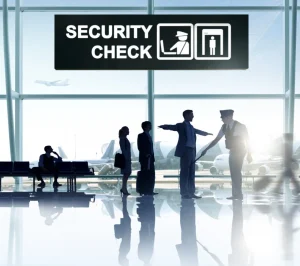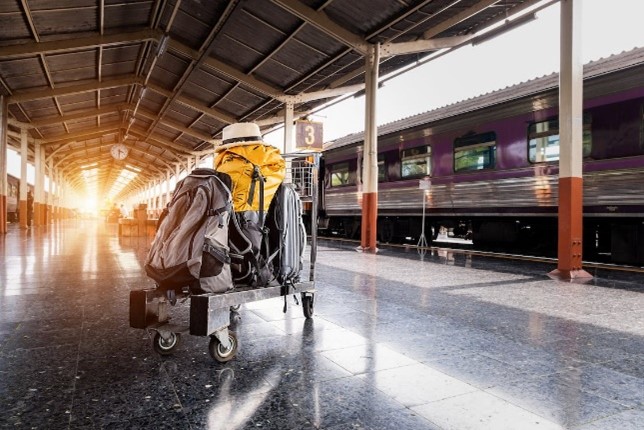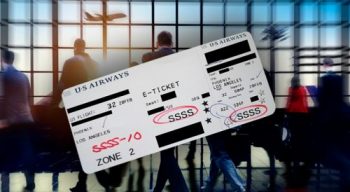
EVERYTHING YOU NEED TO KNOW IF AN ‘SSSS’ CODE SHOWS UP ON YOUR BOARDING PASS

EVERYTHING YOU NEED TO KNOW IF AN ‘SSSS’ CODE SHOWS UP ON YOUR BOARDING PASS
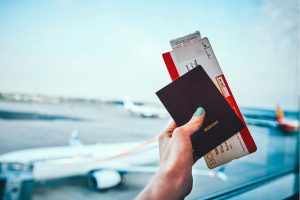
SSSS stands for Secondary Security Screening Selection. It’s the Transportation Security Administration’s way of flagging airline passengers for “enhanced” screening.
An SSSS code stamped on your boarding pass overrides pre-approval through a Trusted Traveller Program such as TSA (Transportation Security Administration) Pre-Check and can add 15 to 45 minutes to your boarding process.
Unfortunately, there are many groups of travellers who are no strangers to being flagged repeatedly for invasive TSA screenings. But for fliers privileged enough to have a usually smooth process through security, the SSSS codes can come as a shock.
Years ago, you could travel like a rock star to wherever you liked, on short notice, with no itinerary, pay in cash, stay overnight in party destinations, and do it all on a one-way ticket,” says Frank Harrison, regional security director for North America and the U.K. at World Travel Protection. The world has really changed.
One common misconception is that national aviation authorities like the TSA are the first screening line for passengers. It’s actually the airline. When you book a plane ticket in today’s digitized world, your airline submits your name, gender, and date of birth to the TSA for clearance. Airlines are motivated to ensure you are TSA-approved before you take to the skies because there are fines for allowing uncleared passengers onto aircraft.
New Jersey-based travel agent and blogger Maddie Winters flies between 75,000 and 100,000 miles per year. Despite having Global Entry, she has been SSSS’d more than eight times. “It’s only on flights back to the U.S. and never domestic,” says Winters, who noticed the pattern after traveling through Africa and the Middle East. Her latest SSSS, however, came on the heels of a trip to Costa Rica in September. One potential trigger? Booking two weeks out.
Many travellers unknowingly flag themselves due to inconsistent but innocuous travel behaviours such as booking a last-minute ticket or paying in cash. If you exhibit behaviour that is inconsistent with your profile—say, for example, suddenly adopting a jet-setting pattern—this is a red flag and a potential alert for drug or human trafficking. Consistency is king.
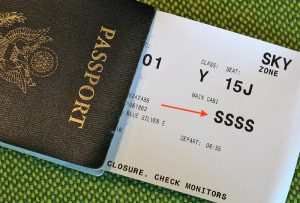
Travellers might also be marked for:
![]() Booking one-way tickets
Booking one-way tickets
![]() Flying to or through countries deemed high risk
Flying to or through countries deemed high risk
![]() If their name bears even a passing resemblance to someone on a Department of Homeland Security watch list.
If their name bears even a passing resemblance to someone on a Department of Homeland Security watch list.

Contents per cntraveler.com


